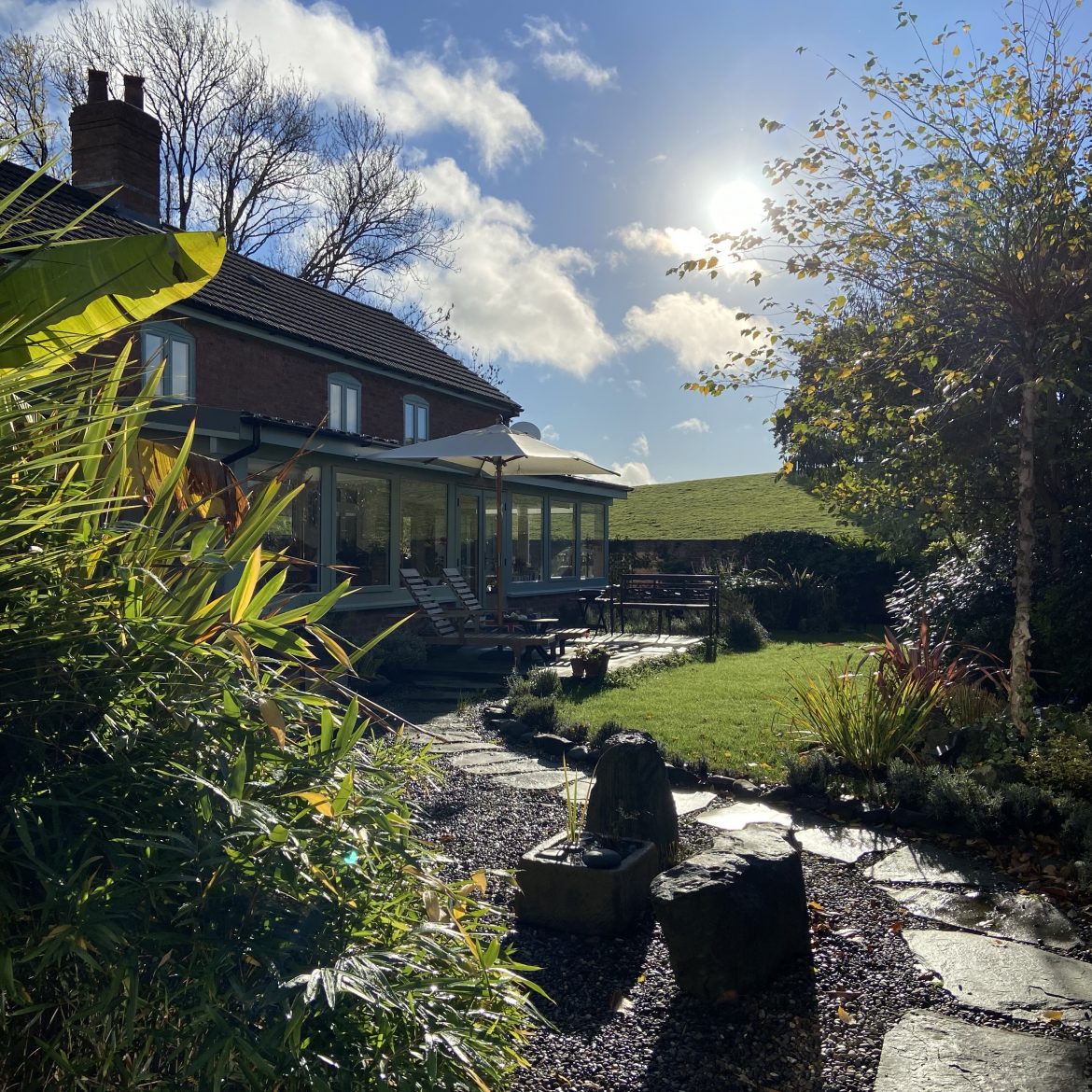As the headlines from COP26 vanish from news-tickers, it’s a good time to reflect and take stock of our personal sustainability journey. Our air source heat pump is about to embark on its third winter and it’s the first time that financial sustainability has entered the equation from a heating perspective.
This time last year, we were paying just over 11p/kWh for our electricity, and this made our air source heat pump extremely cost-effective to run. And we needed that, because January and February were both extremely cold, and we ended up consuming a lot of electricity to keep the house warm.
But before I continue, let’s put a few things in context. Other than reducing our carbon footprint, another major consideration for switching from an oil boiler to a heat pump was that the running costs were supposed to be significantly cheaper. For two years, that has very much been the case.
As part of the running cost forecasts, the initial projections were based on an electricity tariff of 14.5p/kWh and oil at 50p per litre with each fuel going up a few percentage points each year to account for inflation.
I voiced my apprehension about running costs in February this year, and dreaded what would happen if electricity tariffs hit 17p and what that would mean for our heat pump’s running costs. Here we are almost ten months later, and electricity tariffs have hit record highs. Due to the fact that our previous electricity supplier went bust, our new tariff with E.ON (who we were reassigned to) is a worrying 23.17p/kWh with a ludicrous 28.04p per day for the standing charge.
For some added context, in the first week of November last year (2020), we used 307kWh of electricity to run our heat pump. This meant that with our 11p/kWh tariff we paid about £33 for heating that week.
In the first week of November this year, we used 256kWh of electricity (we’ve used less because it’s been milder than last year) at a running cost of £59. That means that we’re staring down the barrel of £240 for our heating in November when it’s been relatively warm – we paid £118 for our heating in November last year.
What makes this even scarier is that in January this year, when temperatures plummeted, we consumed 2,231 kWh of electricity just for the air source heat pump (72kWh per day). On our 11p/kWh tariff our heating cost £245 for that month. If we get another cold winter (which is very likely) based on similar consumption our heating will cost a staggering £513 for the same usage under the new tariff. That simply isn’t financially viable for us.
With kerosene maintaining at 50p per litre, it would cost us less than £250 month to heat the house. That’s the conundrum. Reduce your carbon footprint by paying double for your heating. Frankly, I’m not sure that the current state of affairs is a great selling point for people considering making the switch to heat pumps.
I’ve heard several heat pump experts philosophically say that high temperature heat pumps are the future, and if the energy to power them is green, it doesn’t matter how much power they draw because they’ll be producing 100% green heat. I obviously agree with this top line assessment, but where the argument falls flat is that if electricity is double the price of oil (or any other fossil fuel) the financial incentive to be green will probably not be enough for most households in the UK to make the switch.
Heat or eat should not be the option that households are presented with.
At some point, which I believe must be sooner rather than later, financial sustainability must align with environmental sustainability, and the government must play an active role in this, which they have been reluctant to do. I am staggered that there isn’t a heat pump tariff for homeowners. I know that Good Energy have supposedly launched one, but the last time I checked their tariffs weren’t that attractive, and you can’t switch suppliers at the moment anyway. This is an initiative that must be driven by government given their strategy to decarbonise home heating in the UK using heat pumps.
I think it’s going to be a tough financial winter for most homeowners in the UK, but I think that heat pump owners are going to be particularly hard hit, and having spoken to energy market analysts and forecasters, it is very unlikely that there will be any tariff respite until spring.
I have received scores of emails from concerned heat pump owners in recent weeks that are scratching their heads on how to make their heat pumps more efficient and cheaper to run. The only way to do this is to drop the flow rates (thus consuming less electricity), but this will make the house cooler so it may entail wearing extra layers as we head into December and the new year.
Please leave a comment below about your tariffs and how they will affect your heating running costs this winter. Alternatively we’d love you to join the conversation about electricity tariffs on Renewable Heating Hub.
